When industrial chillers are used intensively, there is often a chance of failure. The chiller not cooling is a very critical problem. So what causes the chiller not cooling?
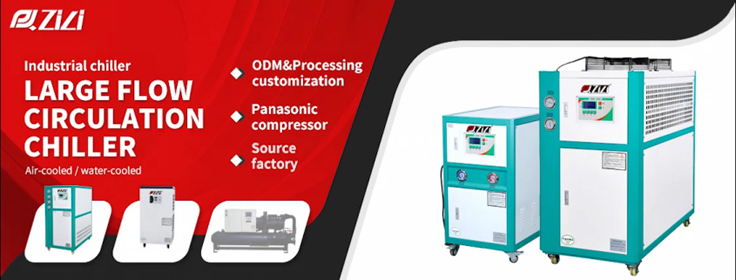
There may be several reasons why an industrial chiller is not cooling. Here are some common reasons that may cause this problem:
Refrigerant issues: Industrial chillers use refrigerants to absorb and release heat to reduce temperature. If the refrigerant leaks or the amount of refrigerant in the refrigeration system is insufficient, the refrigeration effect will be affected.
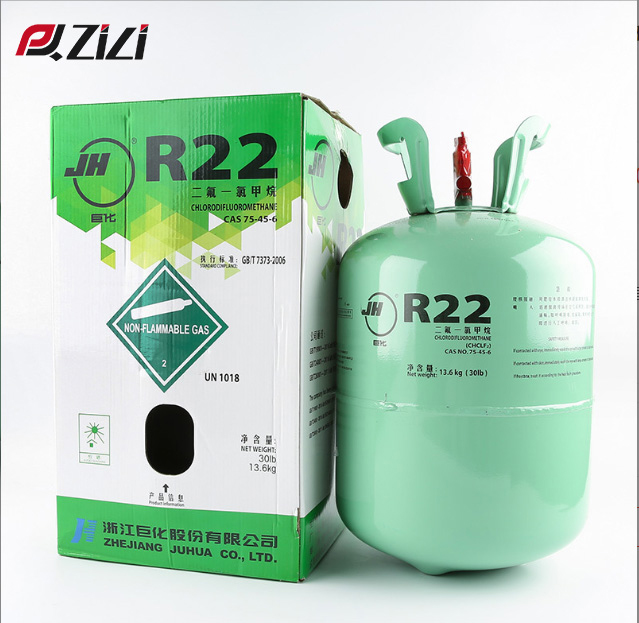
Compressor failure: The compressor of the chiller is one of the key components and is responsible for compressing the refrigerant. If the compressor fails, it may result in reduced cooling performance or complete failure.
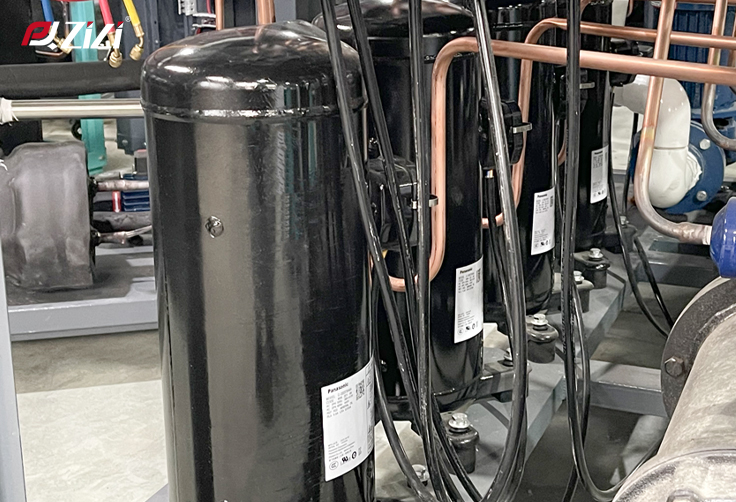
Condenser Problems: The condenser is used to convert the refrigerant from gaseous to liquid state to release heat. If the condenser becomes contaminated, clogged or damaged, cooling effectiveness will be affected.
Evaporator failure: The evaporator is the part of the refrigeration system that absorbs heat. If there is a problem with the evaporator, such as a clogged or damaged evaporator, it will affect the cooling performance of the chiller.
Electrical Issues: The chiller’s electrical system is responsible for controlling the operation of various components. Electrical faults can cause your refrigeration system to not function properly.
Overload or overheating: If the chiller runs beyond the design capacity for a long time or operates in a high-temperature environment, it may cause overload or overheating, affecting the cooling effect.
Insufficient Maintenance: Regular maintenance is essential for the proper operation of your chiller. If the chiller is not properly maintained for a long time, various components may fail due to dust accumulation, corrosion, etc.
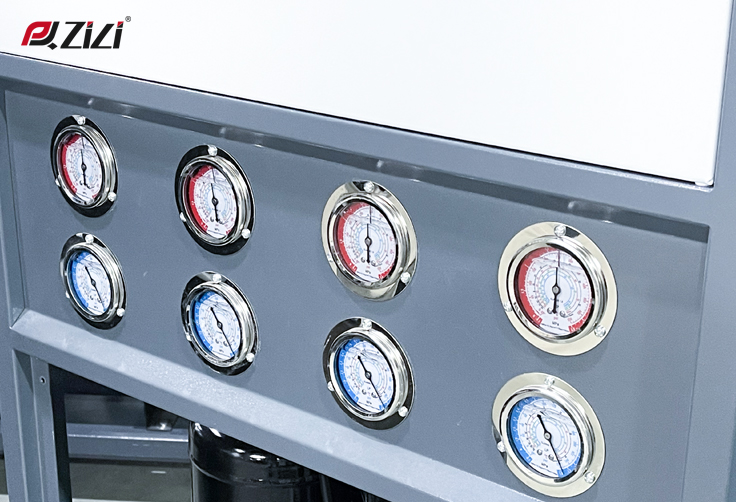
Generally speaking, the reasons why the chiller does not cool are due to the above reasons. In daily use, we must protect the machine and extend its use probability.
So when the problem of industrial chillers not cooling occurs, how should we solve the problem?
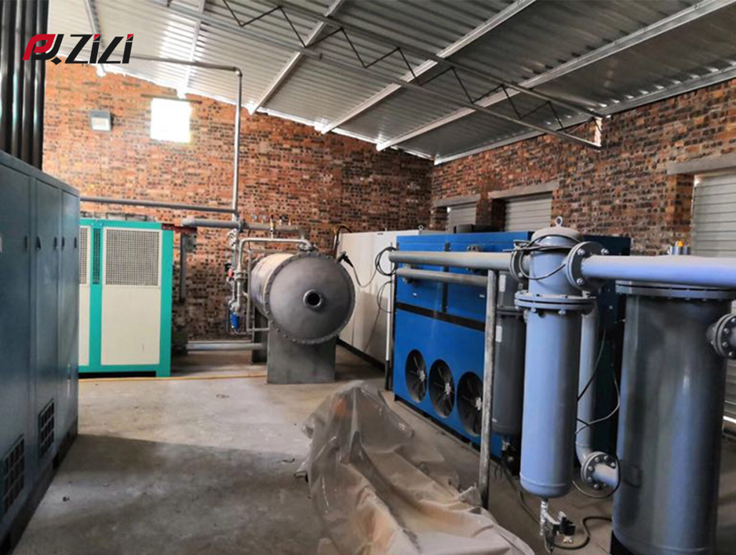
Check the refrigerant: Make sure there is enough refrigerant in the refrigeration system and there are no leaks. If a leak is found, the leak will need to be repaired and the refrigerant refilled.
Check the compressor: Check that the compressor is operating properly. If abnormalities are found, the compressor may need to be cleaned or replaced.
Check the condenser: Clean the condenser to make sure there is no excessive dust or dirt on its surface. This helps improve the efficiency of heat dissipation.
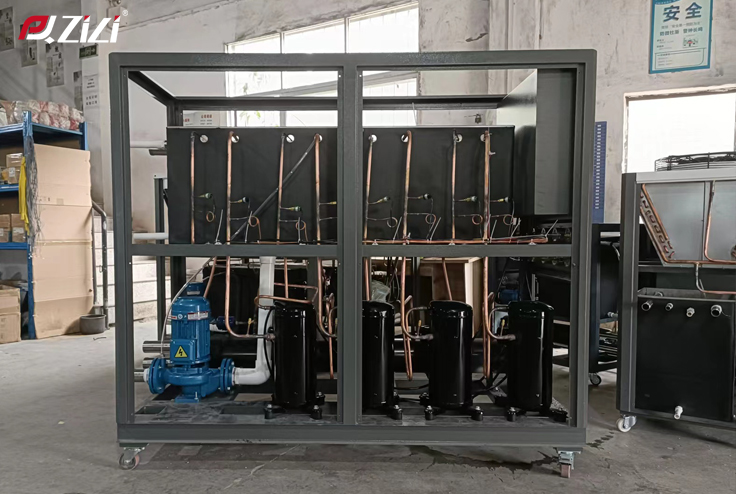
Check the evaporator: Make sure the evaporator is not blocked or damaged. Clean the evaporator surface to ensure adequate heat absorption.
Check the electrical system: Check the electrical system to make sure all connections are OK and switches and controls are functioning properly. Repair any electrical problems.
Check to see if the chiller is overloaded or overheating: Make sure the chiller is operating within its design capacity and is not overloaded. When operating in high temperature environments, cooling measures may be required, such as increasing ventilation or reducing loads.
Perform system diagnosis: If possible, use professional refrigeration equipment diagnostic tools to test and analyze the system to find out the specific cause of the failure.
Regular Maintenance: Ensure regular maintenance of your chiller, including cleaning, lubrication and replacement of necessary parts. Regular maintenance helps prevent breakdowns and keep your system functioning properly.
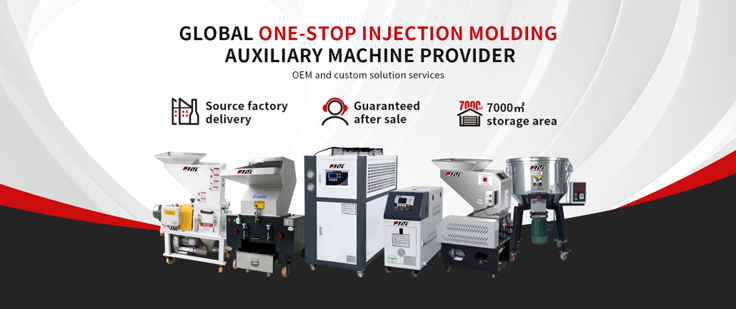
If you are not familiar with the inner workings of the chiller or cannot find the problem, you can contact us and we will help you solve the problem of the chiller through remote video and can conduct more in-depth inspection and repair.